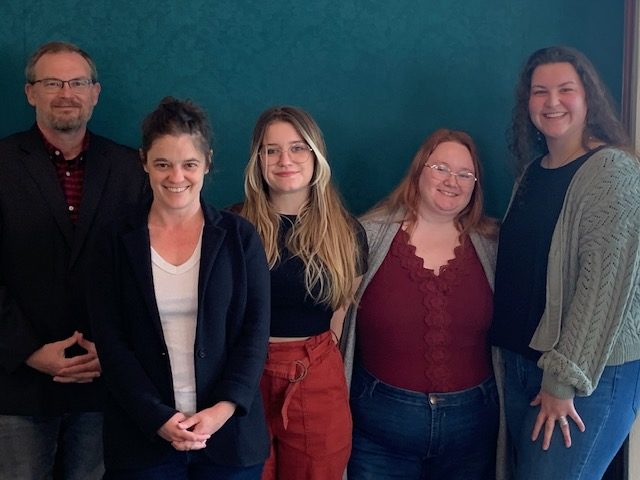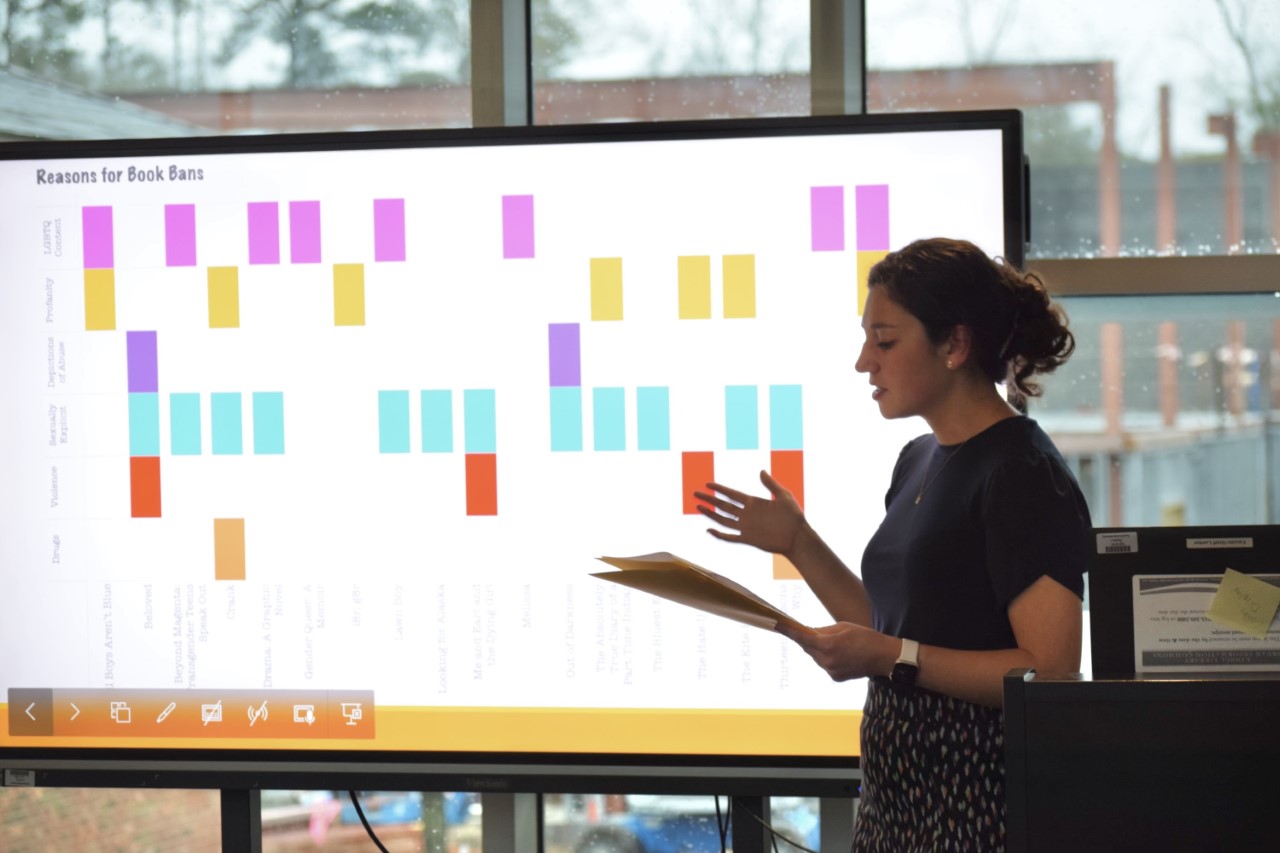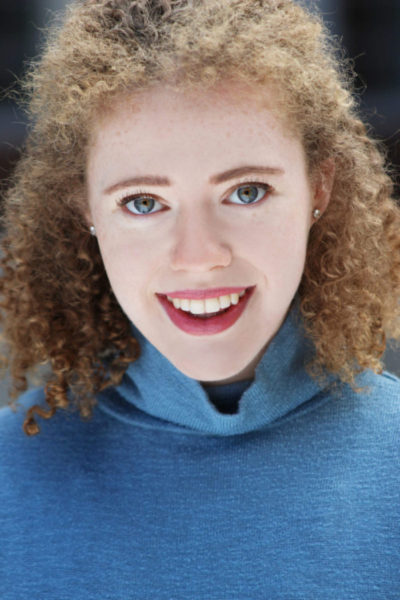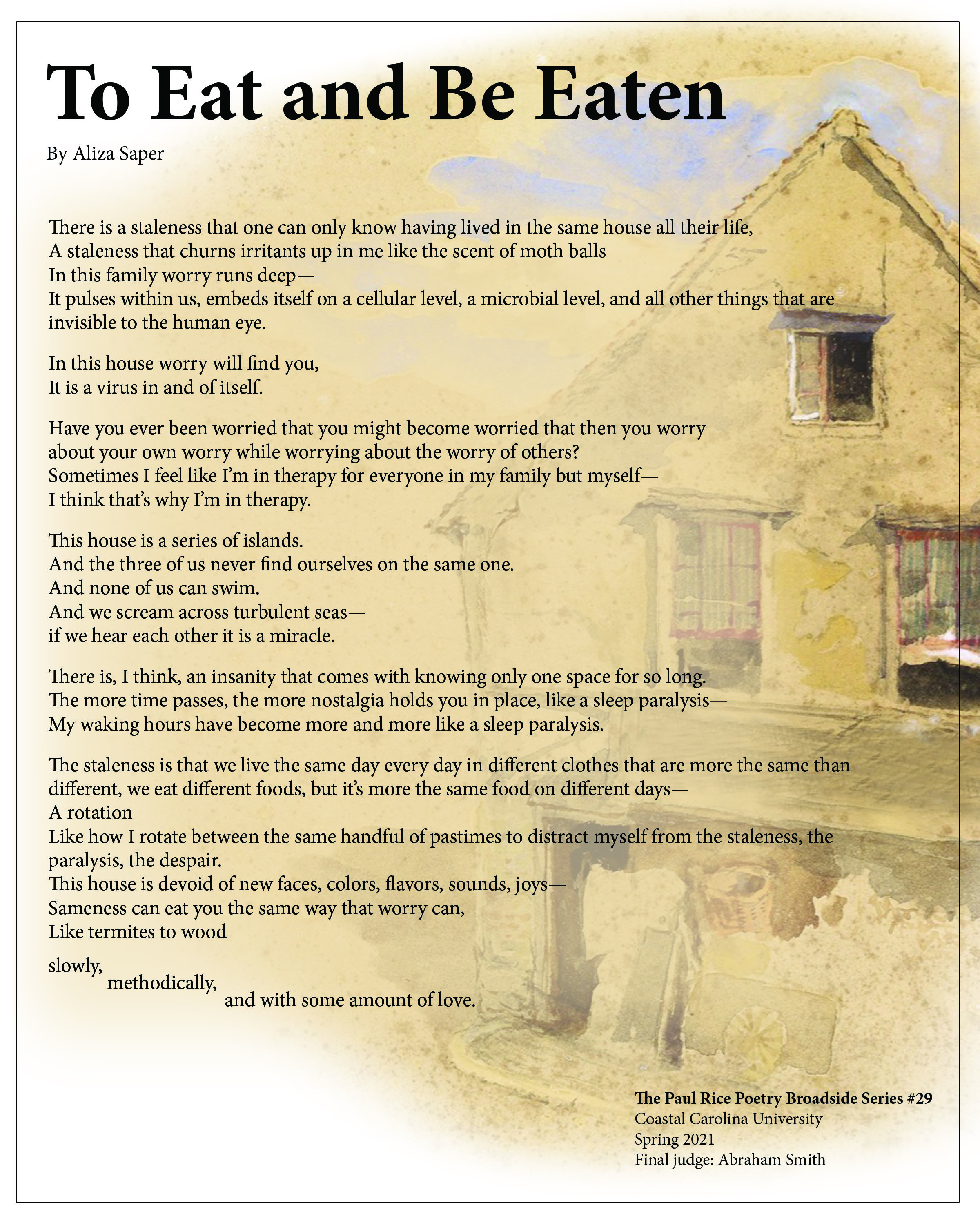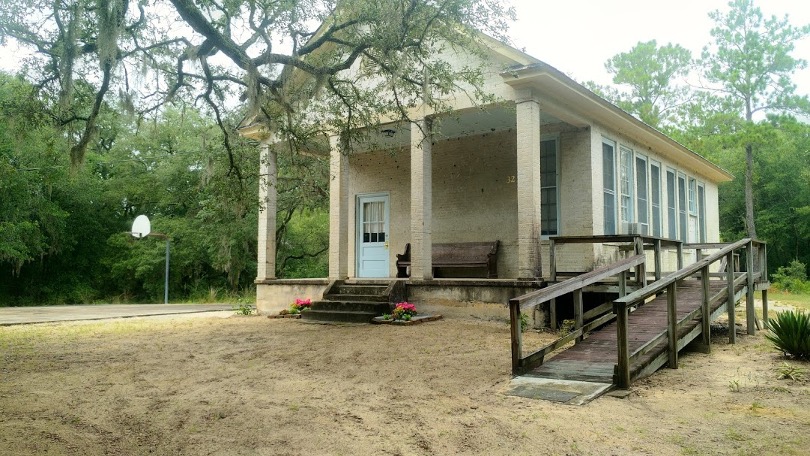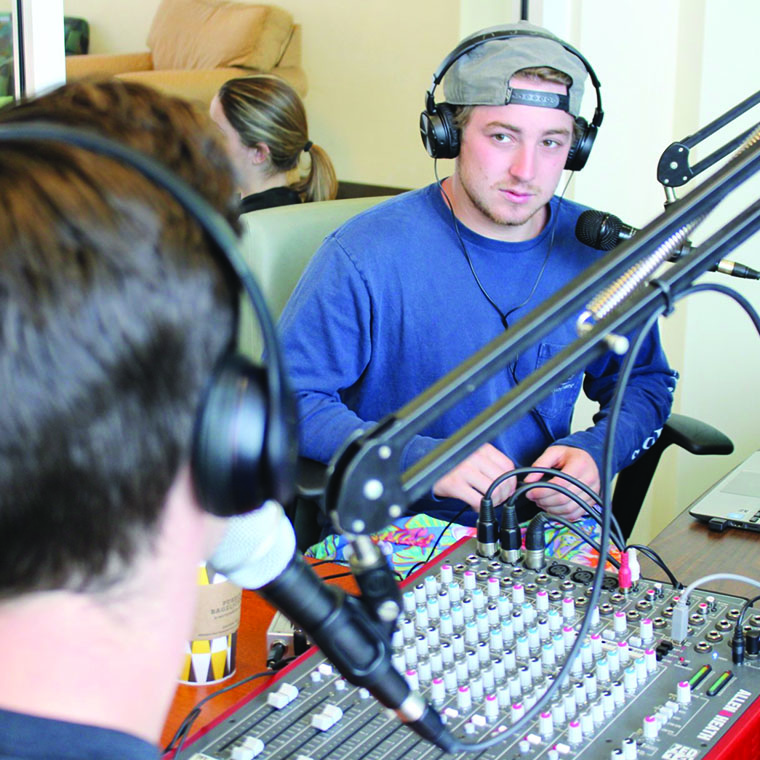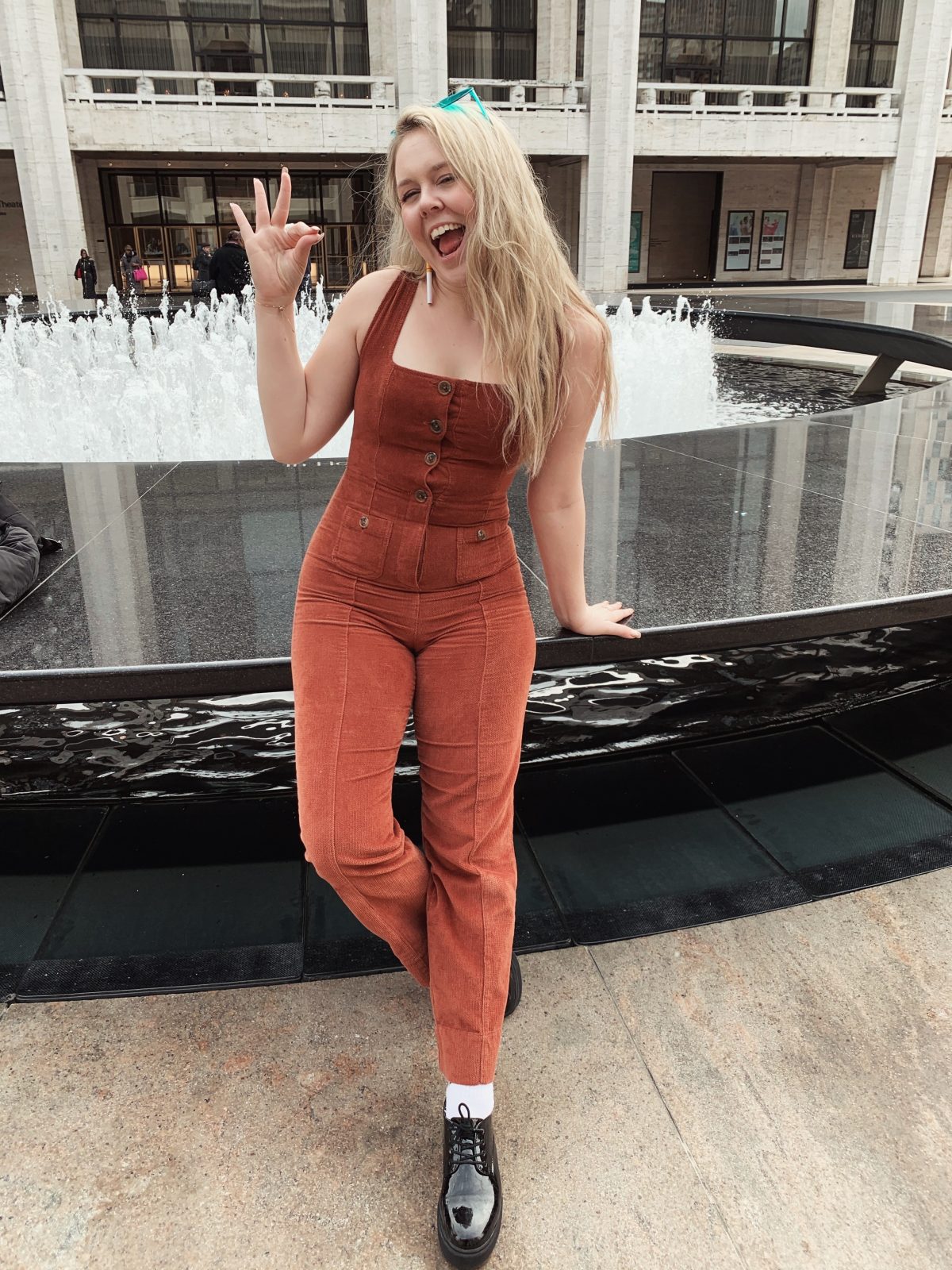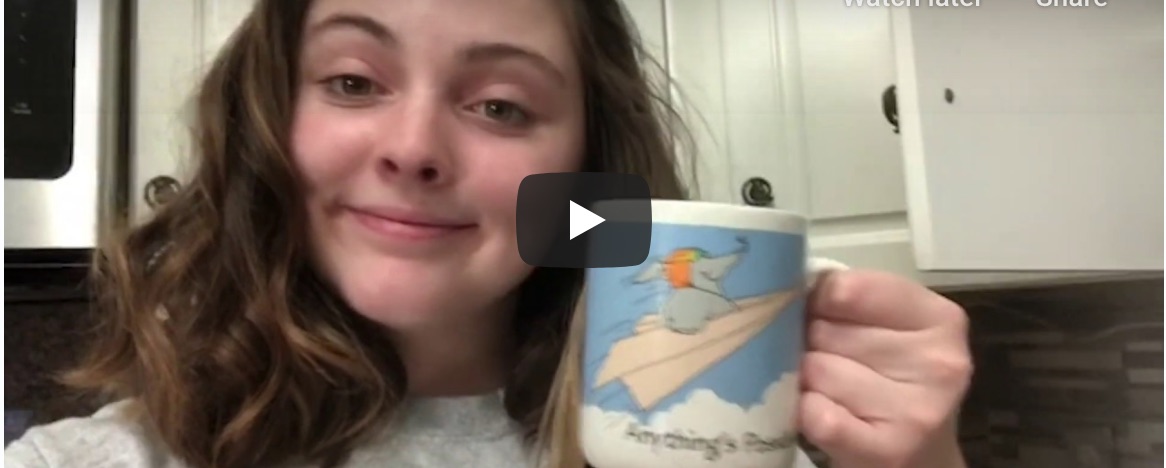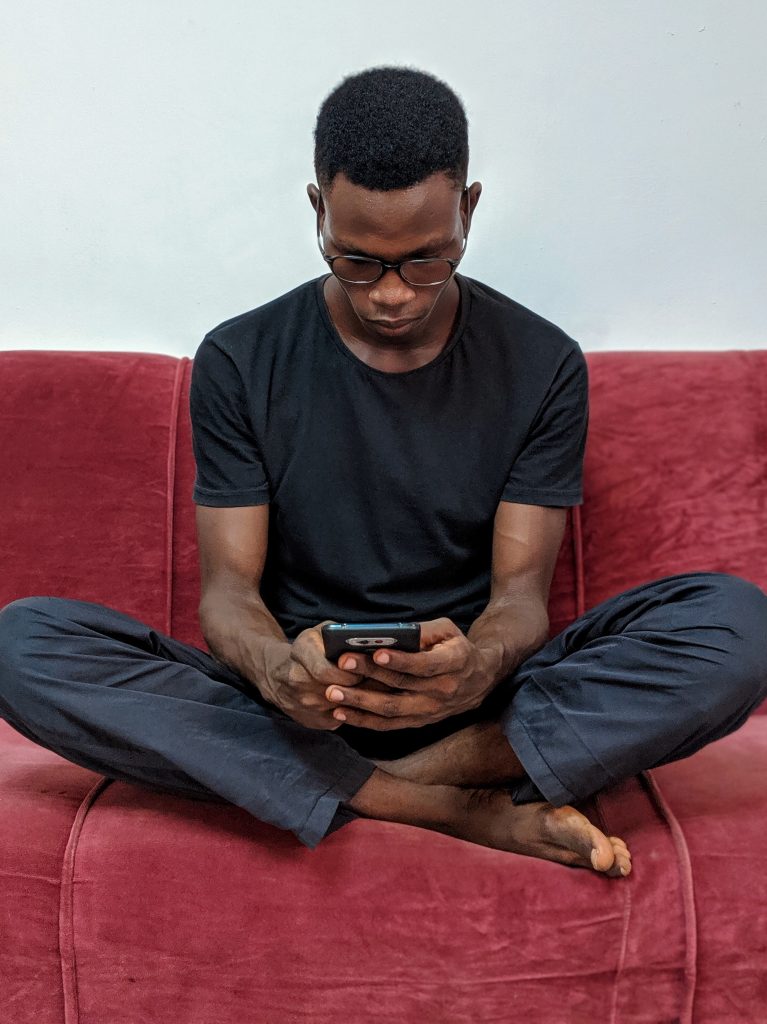Pictured L-R: Dr. Christian Smith, Dr. Emma Howes, Kelsie Crough, Jennifer Terry, and Peyton Barrett
For many student writers, attending a nationwide conference and presenting original work is one of the first steps to establishing their professional identities. On March 29-April 1, 2023, three students from the English department will, for the first time, attend a Sigma Tau Delta (STD) conference in Denver, Co. to showcase their work.
Sigma Tau Delta is an international English Honors Society that provides spaces for networking and honors graduate and undergraduate research in English studies. The conference invites its chapters and respective advisors from various universities across the globe to share experiences and ideas, be recognized for their achievements, and meet numerous respected authors. Aside from present their own work, students at this conference will celebrate Toni Morrison’s contributions to the English field; attend a lecture with Nicky Beer, writer and poetry professor at the University of Colorado Denver; and explore Brenda Peynado’s short story collection The Rock Eaters. We had a chance to chat with the three students attending, all of whom are also officers in the CCU chapter of Sigma Tau Delta: Jennifer Terry (president), Kelsie Crough (co-vice president), and Peyton Barrett (treasurer). The students discussed both their conference presentations and their expectations.
Terry will present three original poems: “Drifting Too Far,” “Pawn Shop Electric Bills,” and “Adoration of the Ages,” the latter of which has recently been published by LoftBooks. All three poems focus on the different manifestations of love. “Since poetry is part of who I am,” said Terry, “it made sense for me to submit [poems] to the conference.” Terry noted that since Coastal Carolina University’s chapter of STD has not been to the national conference in many years, she has high expectations for the event.
Since poetry is who I am, it made sense for me to submit [poems] to the conference.
Jennifer terry
“I am most looking forward to exploring a new place with Kelsie, Peyton, and the advisers while we interact with other chapters of the Sigma Tau Delta organization and listen to some great readings of all sorts of writing and research,” said Terry.
Crough will present “Fire in the Glass House,” an original short story she wrote in a Fiction II class with Jason Ockert, professor of creative writing. The second-person narrative employs magical realism in its exploration of Crough’s anxieties about losing a loved one. “I chose this piece for a few reasons,” said Crough. “First, I believed that it highlighted my skill as a writer and showed an emotional depth to my writing. Second, it was an unpublished piece that felt…ready for the world to see.” Like Terry, Crough is excited to meet and network with other writers, yet she is also eager to present her work to a large, professional audience for the first time. The conference presentation is “such a unique experience that not a lot of young writers get to do,” said Crough, “and I am looking forward to getting that experience and making memories that I can reflect on as I grow as a writer.”
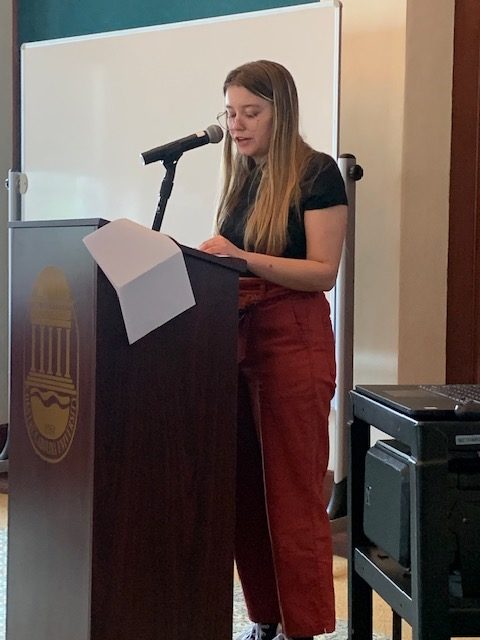
Barrett will present an academic paper on discourse surrounding sexual violence, specifically regarding agency and how we can relocate that agency to benefit victims of sexual violence. Barrett’s interest in the topic stemmed from her composition and rhetoric course with Dr. Howes, a CCU associate professor in Composition and Rhetoric and one of the advisors for Coastal’s STD chapter. Through her research, Barrett found a significant lack of education surrounding sexual violence discourse—a fact she wanted to change. “I felt that this research was…something most people have never heard of or didn’t know much about,” said Barrett, “so it felt right to submit this paper for the Sigma Tau Delta conference.” Barrett is also excited to learn from the other writers presenting at the conference and to see what new conversations and pieces are entering English studies. “I know there will be a lot to learn and experience at this conference, and that’s probably the best part of this trip,” said Barrett.
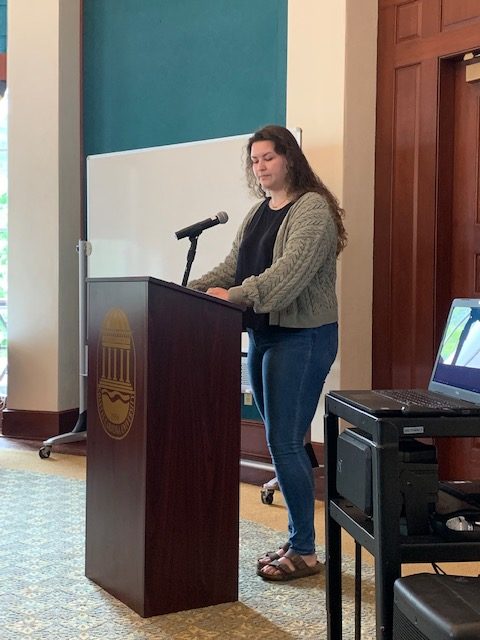
All three students said that support from their professors and friends, specifically Dr. Howes and Dr. Smith, another STD advisor and associate professor in Composition and Rhetoric, motivated them to attend this conference. “[Dr. Smith] was very encouraging to Kelsie, Peyton, and I about what we wanted to submit and was there for guidance if we needed it,” said Terry.
Smith urges current and prospective students in Sigma Tau Delta to submit their work to the next conference. “This is a fantastic opportunity,” said Smith, “and our students attend a school that sees that [and] is willing to help them get there.”
These students delivered a preview of their presentations at the recent departmental Brown Bag Lunch event, sponsored by the Student Success Committee.
